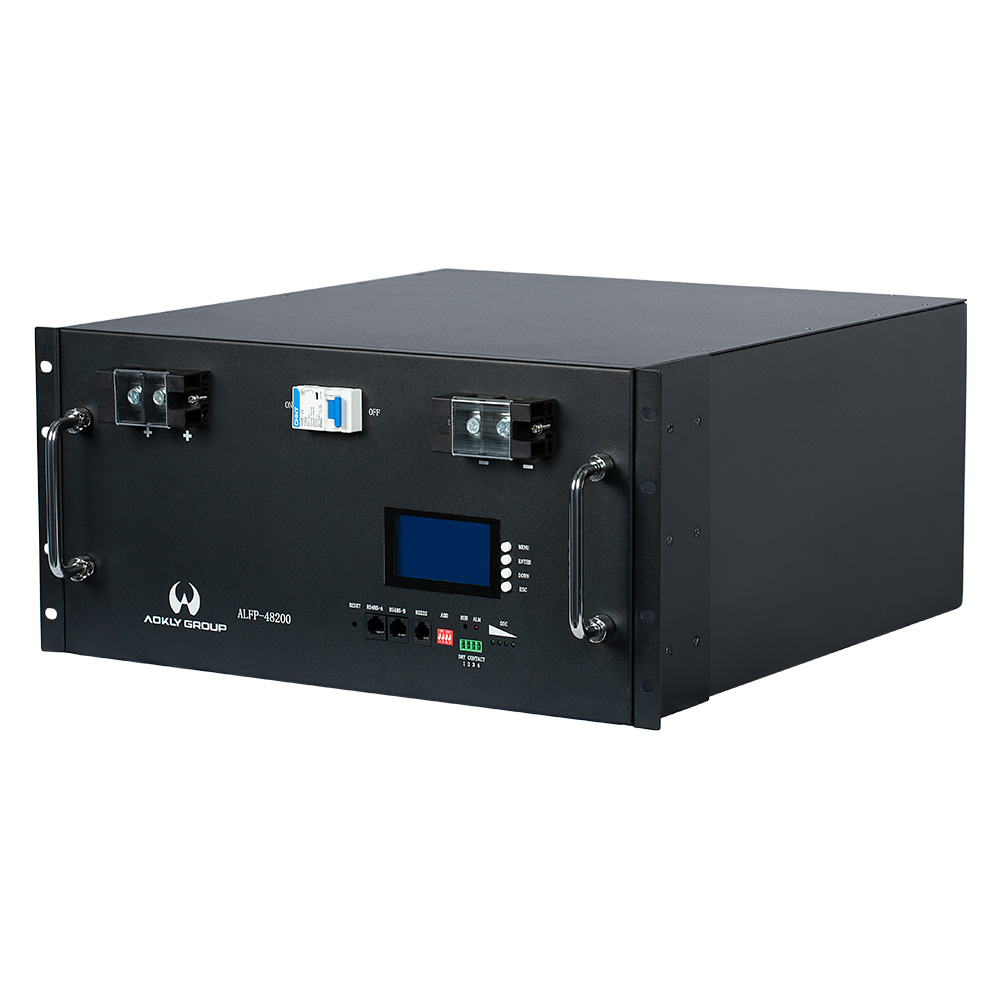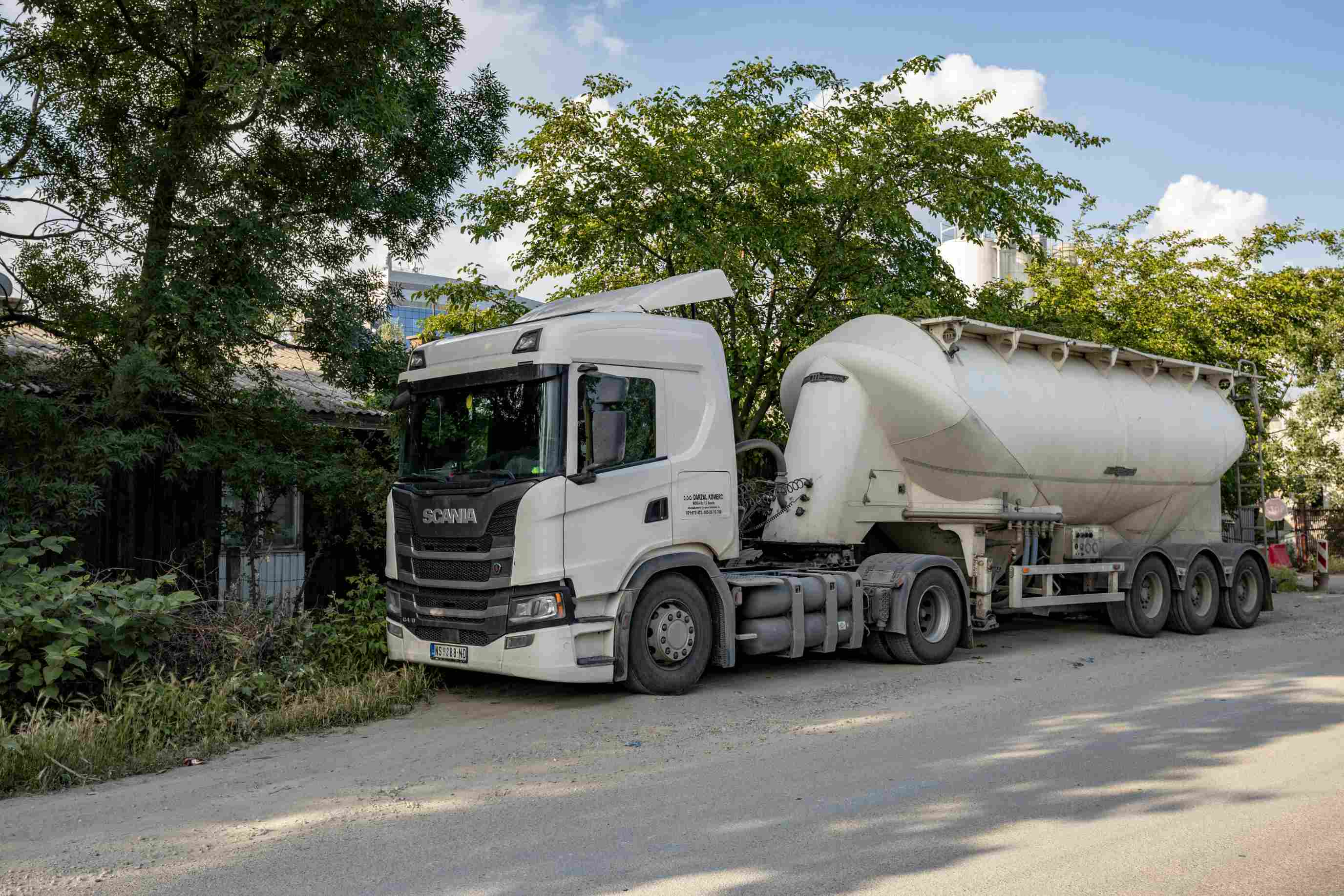In the realm of energy storage, lithium-ion batteries have emerged as a leading technology. With their high energy density, long lifespan, and lightweight nature, they have become an essential component in numerous applications. Lithium-ion batteries are at the heart of modern power solutions, from powering electric vehicles to providing energy storage for renewable energy systems.
The Science Behind Lithium-ion Batteries
Lithium-ion batteries operate through the movement of lithium ions from the anode to the cathode during discharge and vice versa when charging. The use of lithium, the lightest of all metals, allows for batteries with a high energy density. Furthermore, unlike other rechargeable batteries, lithium-ion batteries do not exhibit the memory effect, a phenomenon where repeated partial discharge/charge cycles can lead to reduced battery capacity.

Lithium-ion Battery
Key Advantages of Lithium-ion Batteries
The rise of lithium-ion batteries in various sectors can be traced back to their unique advantages. One of the most significant benefits is their high energy density. This characteristic makes them ideal for power-intensive applications where weight and space are critical factors, such as electric vehicles and portable electronics. Their energy density is typically twice that of the standard nickel-cadmium batteries, making them a preferred choice for high-power applications.
Another notable advantage is their low self-discharge rate. Unlike other battery technologies, lithium-ion batteries can hold their charge for a longer period, losing only about 5% of their charge per month compared to up to 20% for other batteries. This low self-discharge rate makes them ideal for use in devices that need to operate over prolonged periods without charge.
Furthermore, lithium-ion batteries have a long lifespan due to their ability to withstand a large number of charge-discharge cycles. This durability reduces the need for frequent replacements, making them a cost-effective choice in the long run. They also do not require a full discharge before recharging, unlike other battery types, which contributes to their overall lifespan.
Lastly, lithium-ion batteries are environmentally friendly. They do not contain hazardous materials like lead or cadmium, making their disposal less of a concern from an environmental perspective.

Lithium-ion Battery For Transportation Power
Wide-ranging Applications of Lithium-Ion Batteries
Lithium-ion batteries have found their way into a broad spectrum of applications due to their versatility. In the consumer electronics sector, they have become the standard for powering devices. Smartphones, laptops, and digital cameras all rely on lithium-ion batteries due to their high energy density and long lifespan.
In the automotive industry, the shift towards electric vehicles has been largely facilitated by lithium-ion batteries. These batteries provide the high energy efficiency and lightweight nature required for electric vehicles, enabling longer driving ranges and shorter charging times.
Renewable energy systems also benefit from lithium-ion batteries. As the world moves towards more sustainable energy sources, the need for efficient energy storage solutions has become apparent. Lithium-ion batteries, with their high efficiency and long cycle life, are increasingly being used for storing energy from solar and wind systems. They can store excess energy produced during peak production times and then release it when production decreases, ensuring a steady supply of power.
Moreover, lithium-ion batteries have also found applications in industrial settings. They are used in power tools, medical equipment, and emergency power backup systems due to their reliability and high performance. In the aerospace and marine sectors, their high energy-to-weight ratio makes them an ideal choice for powering various onboard systems.
Conclusion
As the world continues to shift towards cleaner and more efficient energy solutions, the demand for lithium-ion batteries is expected to grow exponentially. With ongoing research and development, we can expect further improvements in their performance and cost-effectiveness. As such, lithium-ion batteries are not just a contemporary solution but a technology of the future, driving the energy revolution forward.
Overall, lithium-ion batteries, with their unique properties and wide-ranging applications, have established themselves as a critical player in the energy sector. As we continue to explore and optimize this technology, we can look forward to a future where energy storage is efficient, reliable, and sustainable. If you want more info about high-performance lithium-ion batteries, please feel free to contact us at [email protected].

 EN
EN 




